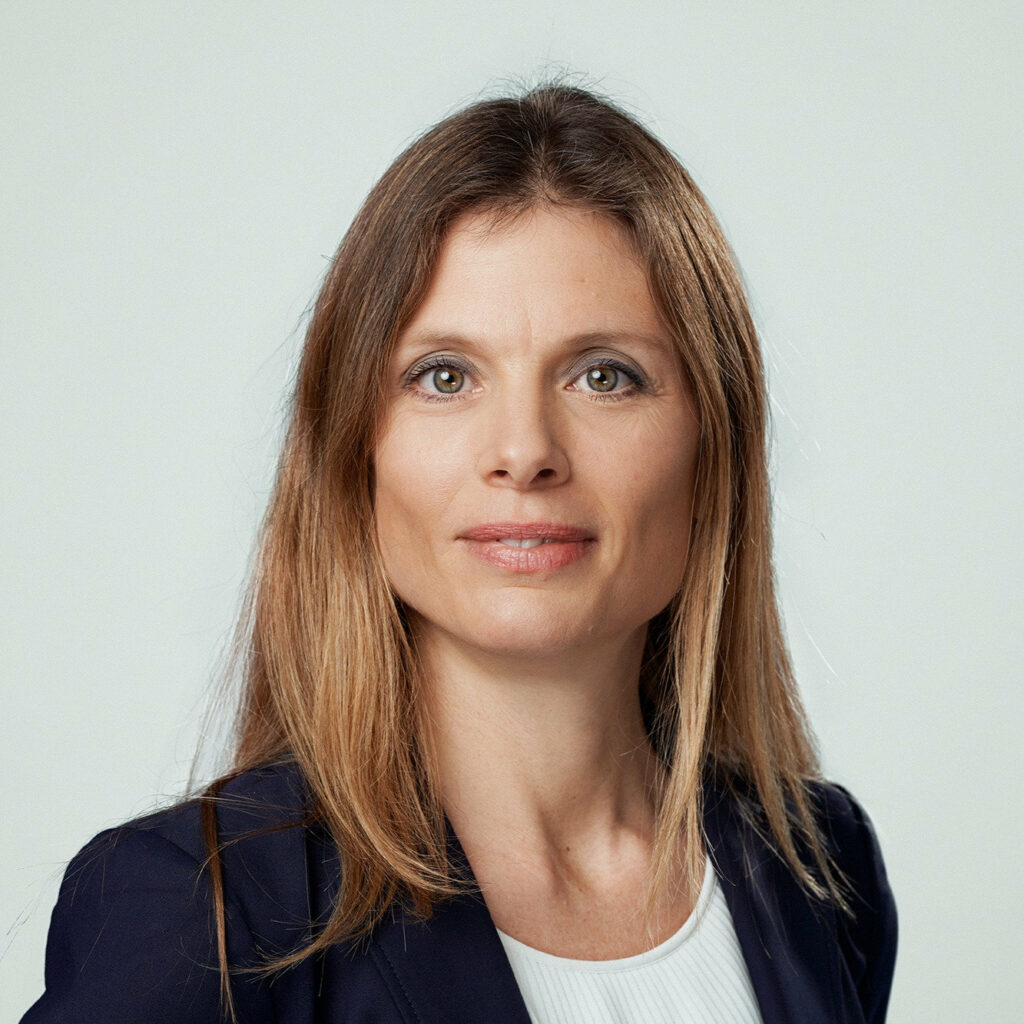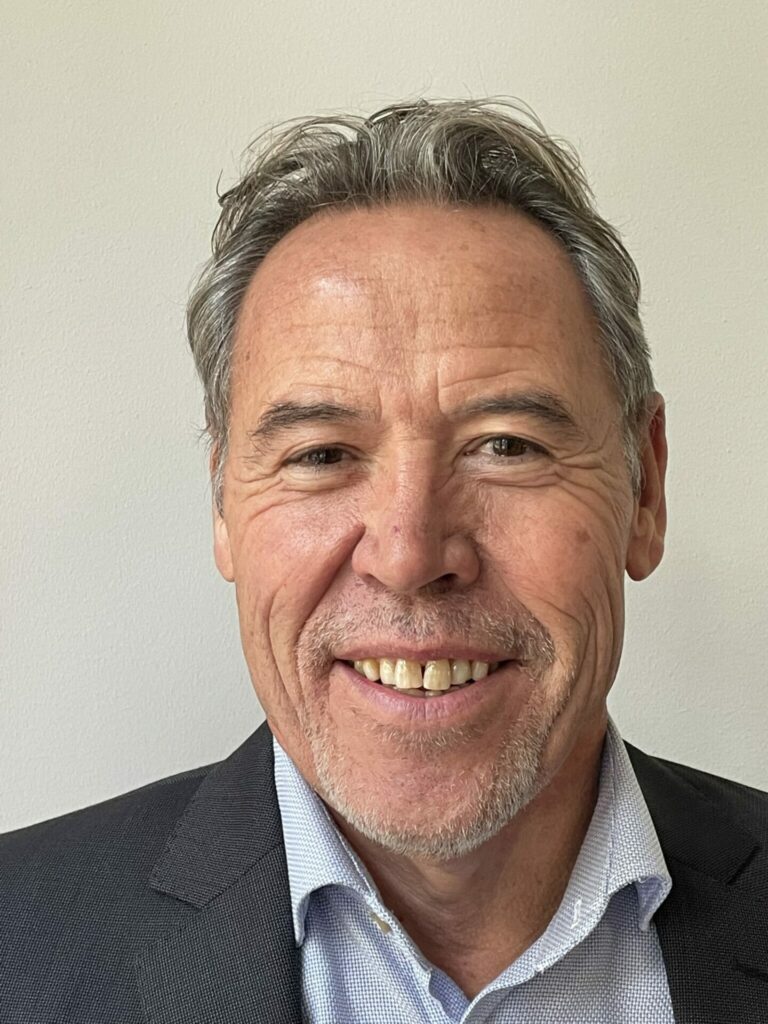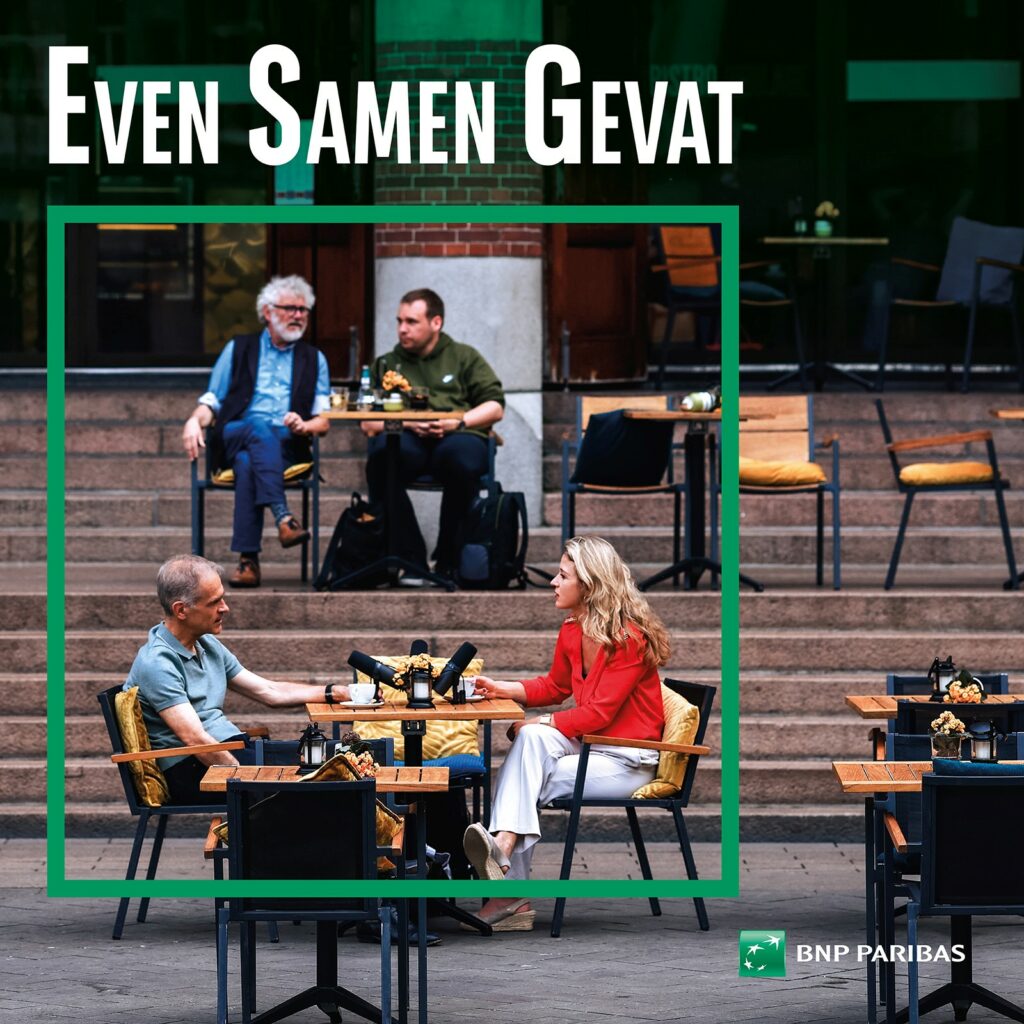Getting down to business at COP
In episode 18 of ESG (Even Samen Gevat), Marloes and Aldert have a double conversation with Anita de Horde of the Finance for Biodiversity Foundation and Tim Bertels from Darel. Anita and Tim are no strangers to ESG: Anita had been a guest before, in episode 10 of the podcast, and Tim in episodes 7 and episode 8.
Both of them are keen to get down to business when it comes to biodiversity and decarbonisation. That’s the aim during the big COP meetings, which aren’t exactly known for their speed or decisiveness, however. Nevertheless, Anita and Tim do see some bright spots, such as last year at COP15 on biodiversity and at COP27 on the climate.
Biodiversity
The COP15 summit that Anita attended in December took place in Montreal, Canada. Her Finance for BiodiversityFoundation is an official observer member of the Convention on Biological Diversity (CBD), the UN body that organises the COP on biodiversity. ‘We filled a finance chair’, tells Anita, ‘so we were able to watch as negotiations took place – and even say a few things. We had worked towards our position at this COP for two years and tried to give the negotiating countries a push so that companies would start reporting on their impact on biodiversity, dependencies and risks. And it worked! We’re quite proud of that.’ But Finance for Biodiversity also organised a working breakfast for ministers of finance from countries like Congo and France and CEOs of financial institutions. Our thinking: ‘The private sector, too, might be open to financing for nature. So we sent that message, and I have the feeling that it worked. We’re ready to work together.’
Biodiversity is becoming an increasingly important talking point: ‘We’re seeing stakeholders, social organisations, NGOs and even companies and financial institutions starting to get very active in nature.’ There are two main topics in that area: restoring and conserving nature. Restoration is implied in the goal of what we call ‘reversing nature loss this decade’: restoring the biodiversity that has been lost in the past ten years. That needs to happen no matter what, because ‘The biodiversity crisis is one of the greatest threats to humanity and the economy. If we run out of land or water next, and there aren’t any animal and plant species any more, our food supply will be jeopardised.’ Luckily, now we have the Global Biodiversity Framework, with 23 targets for urgent action, and it’s finally ‘time for countries to deliver.’ They have two years to get their plans ready, and companies and financial institutions also ‘must start reporting on their impact on and dependence on nature’.
“The biodiversity crisis is one of the greatest threats to humanity and the economy. If we run out of land or water next, and there aren’t any animal and plant species any more, our food supply will be jeopardised.“

Decarbonisation
In November, Tim was one of ten thousand participants at COP27, the climate conference in Sharm El Sheikh. He was there as an expert on carbon capture and storage (CCS) at the invitation of US NGO Clean Air Task Force, the International Energy Forum and technology company Carbon Clean. So without taking part in the negotiations, he was able to speak informally about the progress on the energy transition, especially the part played by the gas and oil industry. COP27 was special to Tim because it was there that he finally made headway on the Loss and Damage Fund. ‘That will compensate the poorer countries’, says Tim, ‘for the negative consequences that they’ve been experiencing from climate change and rising temperatures and everything related to that.’ Billions of dollars have already been pumped into the fund, but in reality it still needs to ‘get off the ground’.
Tim tells how important the preparations for COP meetings are: ‘The COP28 team has already begun, of course, and the president has also already been announced. So yes, it’s incredibly important to have the agenda ready ahead of time. What do we need to achieve? What unfinished business do we have from last time? And who will chair it – that’s important too. For COP28 that’s Sultan Ahmed Al Jaber, the CEO of oil company ADNOC in the United Arab Emirates – someone from the oil and gas industry. Not everybody is happy with that, but Tim actually finds it interesting: ‘The man is active in one of the biggest renewals investors. This is the man from the UAE who will be able to chair the meeting on the basis of his CV and his experiences. And last but not least, I think it’s awfully important to have the oil and gas industry on board in particular. We need to narrow that gap.’ Tim says the main aim of COP28 is to arrive at a clear pledge, just like the pledge to reduce methane emissions launched in Glasgow.
Hurdles
No COP is without its many high hurtles. Anita cites the alignment of financial flows as one example. The funding gap was also discussed at the biodiversity COP. It comes to 700 billion a year. ‘And then you see that of the 700 billion that’s needed, 500 a year goes to veiled subsidies that lead to harmful activities in the economy, including government subsidies. So yeah, then everyone says there’s no point in freeing up 700 billion for that.’

“We need to start taking some really big steps in all sectors and make binding agreements, because pledges are fine, but there are still really a lot of things that need to happen to reduce emissions”
According to Tim, there’s ‘a lack of progress on what we need to achieve. All in all, it’s just not enough, and it’s taking too long.’ He believes ‘that we need to start taking some really big steps in all sectors and making binding agreements.’ For example, the oil and gas industry needs to make agreements about the transition to green or blue hydrogen, about removing CO2 from the air, about the large-scale storage of CO2 and about real methane reduction, ‘because pledges are fine, but there are still really a lot of things that need to happen to reduce emissions.’ Accountability: that’s what it’s about.
The future
The next biodiversity COP is in Turkey, in 2024. ‘That’s going to be very important’, says Anita. ‘An agreement has now been reached for 2030. And in two years, so at the end of 2024, all 196 member countries need to have a strategy plan on how they’re going to implement the targets.’ The focus of Anita’s foundation is to examine how ambitious those plans are.
According to Tim, the COP28 climate summit in Abu Dhabi will be ‘the stop sign COP: where are we, what do we need to do, where are the gaps and how far behind are we? So I think it can actually turn out to be very practical, in the sense of what we’re all going to agree to do so we can get the oil and gas world on board. So yeah, I really do have great hope for it.’
ESG Even Samen Gevat is a podcast series (in Dutch) in which Aldert Veldhuisen and Marloes Bergevoet talk to accelerators of the sustainable transition. They discuss topics related to the “E”, like green energy, CO2 emissions, raw materials, biodiversity, the “S” of health, diversity and inclusiveness and the “G” such as laws and regulations and international cooperation.
Also published in this series are:
- The energy transition is also geo-politics – with Rob de Wijk
- 100 conversations about sustainability – with Marnix Kluiters
- There is life after growth – with Paul Schenderling
Follow Even Samen Gevat here so you don’t miss an episode!
